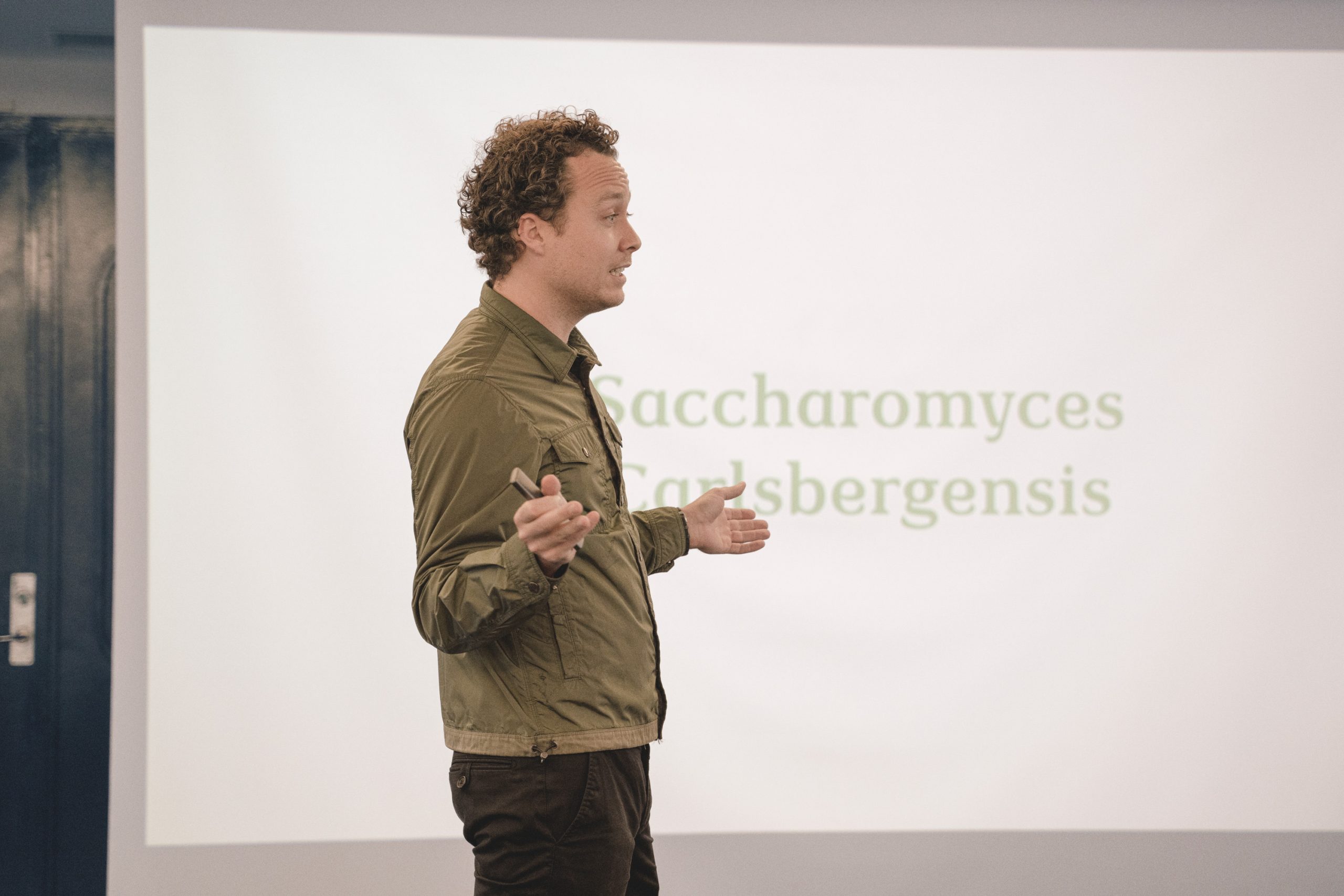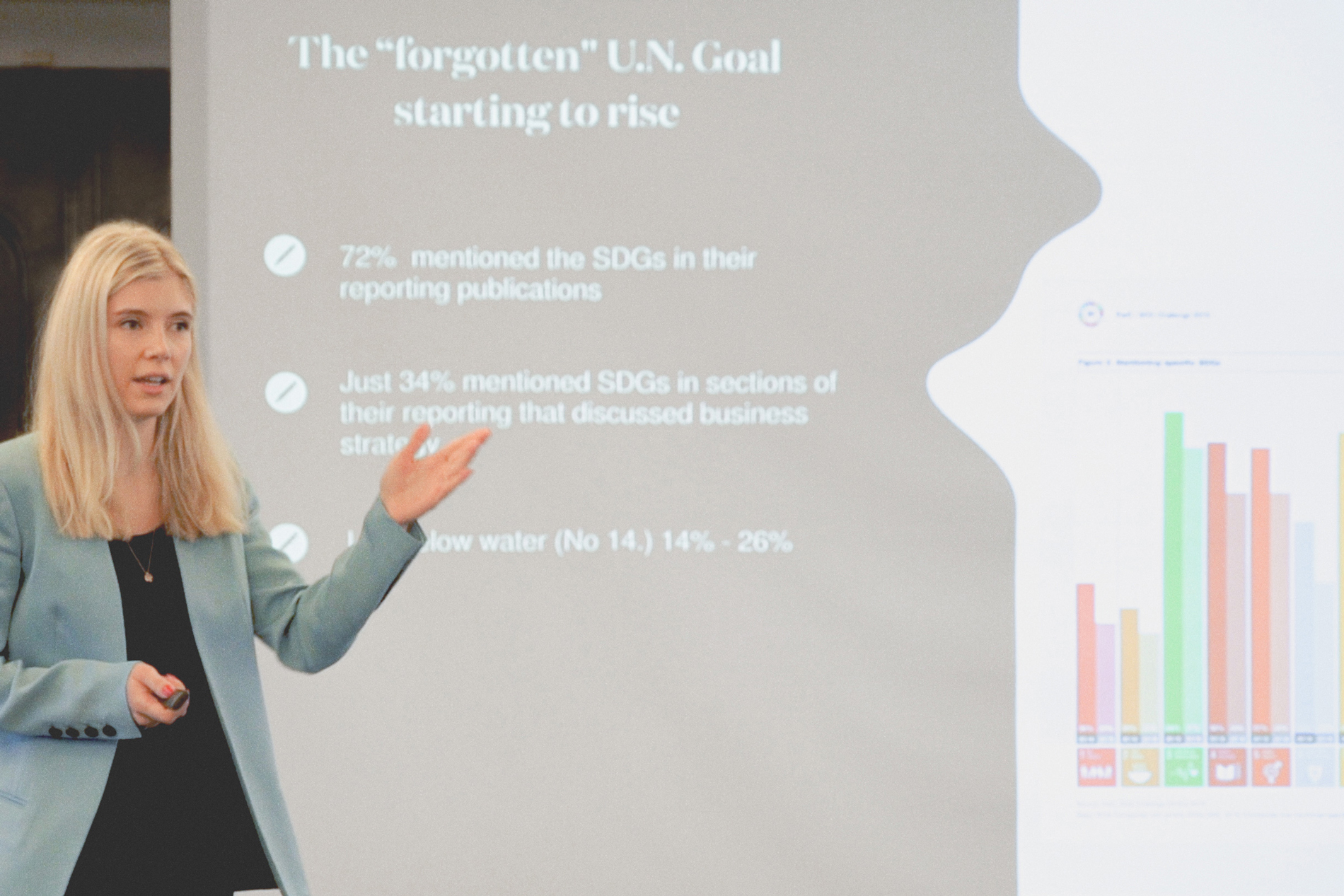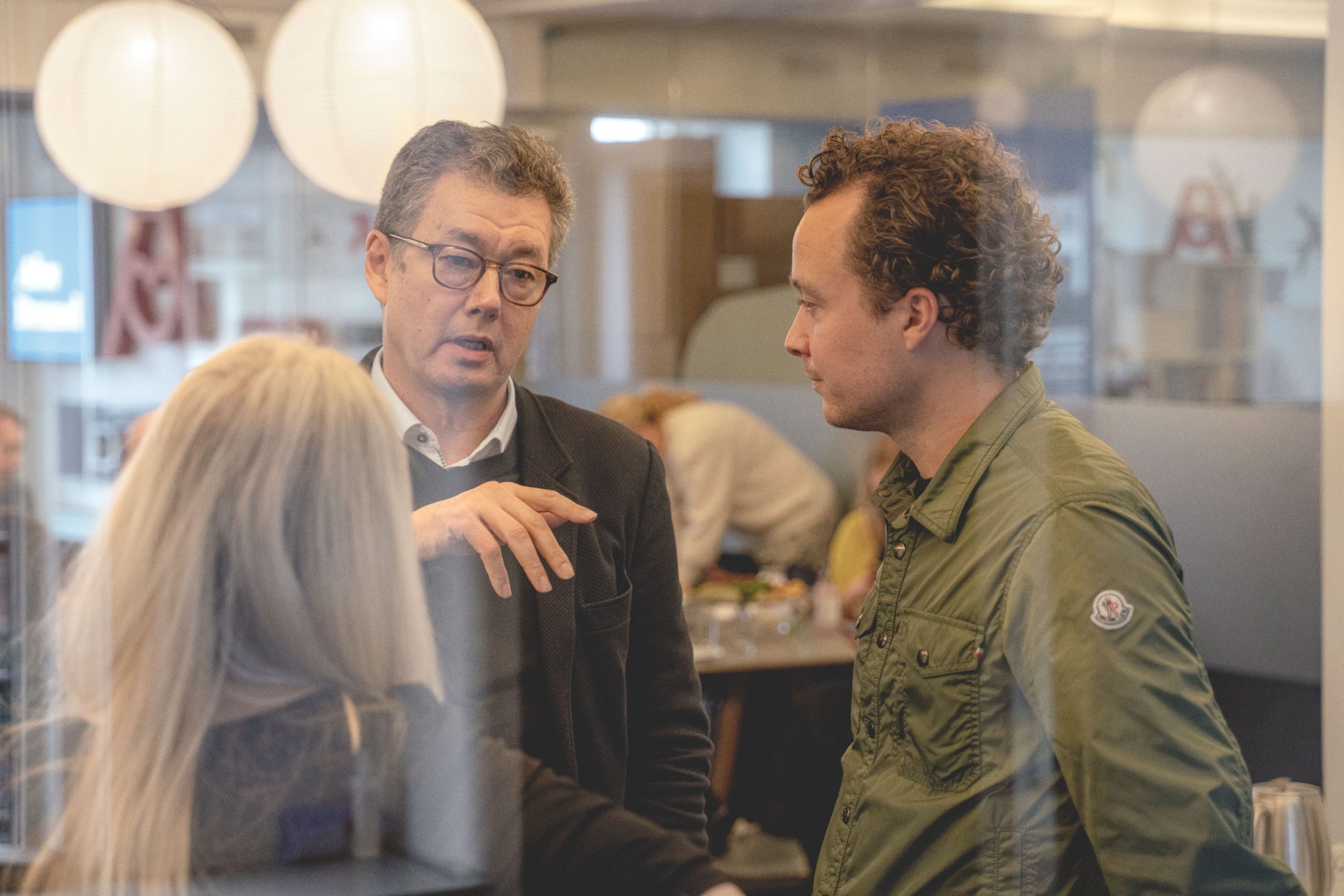
Partnering for Sustainability. Better Together.
If you want to walk far, walk together. And with like-minded, you might want to add to the famous African proverb. At least that was the common theme of our first Breakfast Club event of 2020, where we highlighted the power of collaborations in building sustainable brands.
For our talk, we had the privilege of having Erikha Harket from Paralenz and Kim Rahbek from REGA come and share their experiences with industry-wide collaborations aiming to accelerate the sustainable transition. Inspiring talks that helped us all take another step towards a future of optimism.
“In a few years, only the brands who are on the sustainable journey will be relevant in consumers’ eyes.”
— Christian Halsted, Executive Strategy Director & Founding Partner at EVÉRLAND

Responsible Diving.
As the ocean temperature rises, waste piles up and aquatic life is under pressure, there is an urgent need for initiatives that can help preserve the big blue. Danish underwater company Paralenz develops dive cameras and realised how their product could have a positive impact beyond the lens itself.
Paralenz’ dive cameras have the ability to capture data regarding temperature, depth and location. And with users all over the world, they have a unique opportunity to map the state of the ocean. After a dive, divers can share their data through Paralenz’ app TheOceanBase. Then the data will be shared with scientific organisations like the NOAA, Nekton, Project Baseline and others to inform research.
Paralenz might just sell dive cameras but their product goes beyond. And by sharing the data they record, it is possible for both Paralenz and their partners to combine commercial interest and passion for diving with environmental responsibility.
“You can’t fake passion regarding your products and sustainability, or else collaborators and customers will call out your green-washing.”
— Erikha Harket, CMO at Paralenz

United as an Industry.
Very few companies have the power to change their industry on their own. Yet, collective action can drive the progress so much needed today. This was part of the reason for establishing the organisation REGA – a Danish industry-wide initiative for restaurants to help all members promote and implement responsible business practices.
REGA helps its members develop and maintain a more sustainable business in regards to social, environmental and financial aspects. Each member has to follow international principles like the UN Global Compact. By defining a baseline and doing a yearly audit, they make sure that every company embeds a sustainable practice and maintains it at an operational level. The audit measures the sustainable progress and adds to the one-dimensional financial measurement that businesses have followed blindly for too long.
“Quit the talk, do the walk. Set specific goals for your sustainable transition and stick to them.”
— Kim Rahbek, REGA

Walking Together.
If we are to drive a sustainable transition, companies need to work together – both big and small. Looking past short term gains, these partnerships can give way to new opportunities, synergies and markets.
Partnerships come in different sizes and with different strengths. From partnering with industry experts or NGOs to collaborating with other companies in your field. No situation is alike. However, you might want to consider the following:
- Set a clear purpose. Find common ground and start from there. Be sure that you share the same values and show your true colours. Think about how your strengths can complement your partner and vice versa.
- Define a baseline. This will be your starting point and help you track your progress. Define the parameters by which you measure sustainability – both financially, environmentally and socially.
- Plan long-term. What will this partnership look like in 10 years time? Sustainability is a journey, not a destination, so think beyond the PR and new market opportunities.
